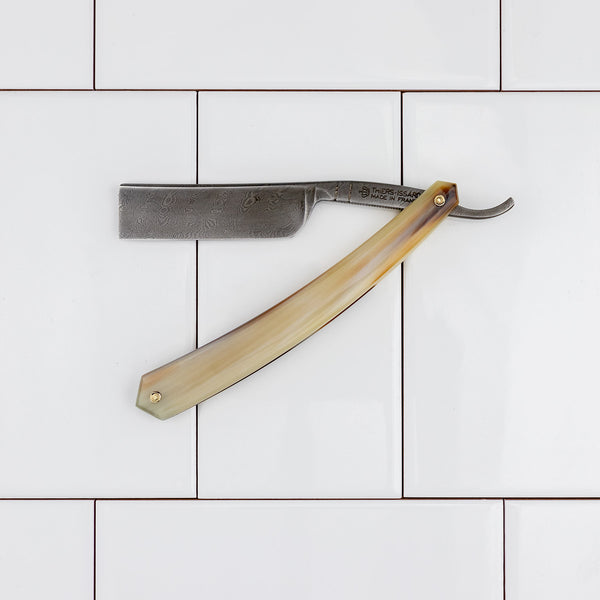Hi all,
I've recently read one of the old posts, from 2008, which named 'why do Tim Zovada's razors cost so much?'. Somebody very knowledgeable in the subject(his name is Joel, I think), provided a very detailed answer, and one of the reasons mentioned, that Tim Zovada not only makes razors from Damascus steel, but he is the ONLY one who makes his own Damascus steel, not getting ready chunks of it.
The question I want to ask people who own Damascus steel razors, not necessary made by Tim Zovada is if these razors provide truly superior shave comparing with other types of razors,? I saw a number of Damascus steel razors, which costs few hundred dollars, like 500 or 600, from different makers, lone of them Ralf Aust or Boker, but I am not sure and I am wondering if they really shave much better then some razors from these makers which costs 300-400 and made from carbon steel?
Just a curiosity question.
I've recently read one of the old posts, from 2008, which named 'why do Tim Zovada's razors cost so much?'. Somebody very knowledgeable in the subject(his name is Joel, I think), provided a very detailed answer, and one of the reasons mentioned, that Tim Zovada not only makes razors from Damascus steel, but he is the ONLY one who makes his own Damascus steel, not getting ready chunks of it.
The question I want to ask people who own Damascus steel razors, not necessary made by Tim Zovada is if these razors provide truly superior shave comparing with other types of razors,? I saw a number of Damascus steel razors, which costs few hundred dollars, like 500 or 600, from different makers, lone of them Ralf Aust or Boker, but I am not sure and I am wondering if they really shave much better then some razors from these makers which costs 300-400 and made from carbon steel?
Just a curiosity question.





